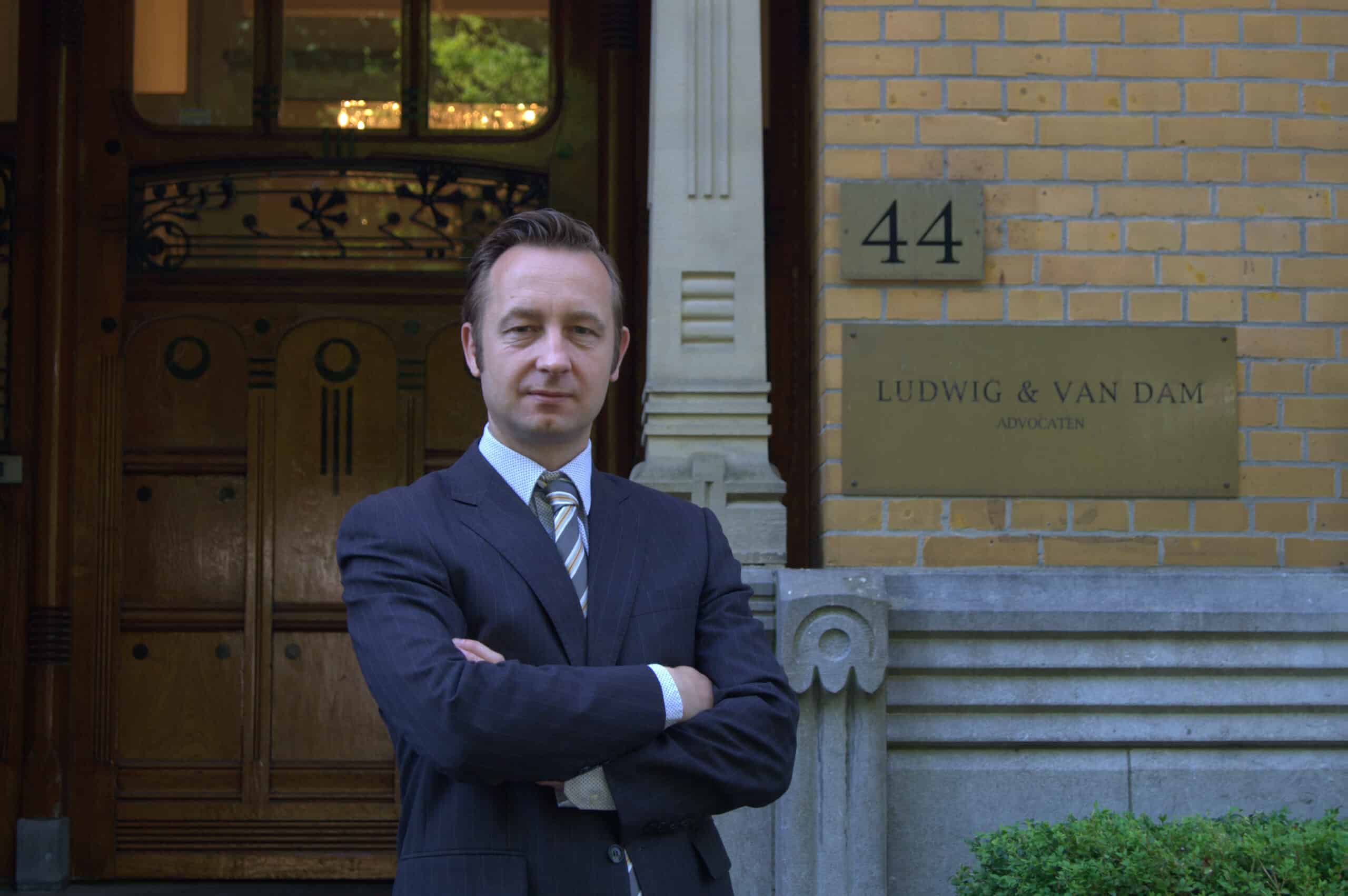Franchisor bound by its own failed dispute settlement procedure
Franchise organizations sometimes have their own dispute resolution procedure. Can a franchisor bypass an agreed own dispute settlement procedure in the event of dysfunction of the disputes committee and submit the dispute to the court? The District Court of Amsterdam, 13 July 2022, ECLI:NL:RBAMS:2022:3653, had to rule whether this is the case.
The general meeting of members of a cooperative franchise organization had established a dispute settlement procedure. This arrangement means that disputes will exclusively be settled in the first instance by binding advice from the disputes committee of the franchise organization.
A franchisee terminates the franchise agreement and is obliged to pay compensation to the franchisor under the agreement. To this end, the franchisor files a claim with the court.
It is not in dispute between the parties that the dispute settlement has been legally agreed upon and that on the basis of that settlement the claim must be submitted for binding advice to the Disputes Committee. This means that the franchisor is in principle inadmissible in its claim before the court.
The franchisor states that shortly after the settlement of disputes had been adopted, it became clear that setting up a disputes committee was not possible. The franchise organization was too small in size to set up a disputes committee. The dispute resolution scheme therefore proved to be unworkable. That is why the dispute procedure in the general meeting of members was changed and it was decided that existing disputes would be submitted to the civil court. However, the franchisee was no longer a franchisee at that time, so that, according to the court, the amended dispute settlement procedure does not apply to the franchisee in question.
According to the franchisor, the franchisee was aware of the impracticability of the dispute settlement procedure. Because the franchisee had not invoked the dispute settlement procedure, it has, according to the franchisor, forfeited its right to invoke the dispute settlement scheme. The court is of the opinion that the franchisee had in fact invoked the dispute settlement procedure.
The alleged impossibility of setting up a disputes committee does not preclude recourse to the dispute settlement procedure. According to the court, the franchisor could have formed an ad hoc committee to issue binding advice on this dispute. The franchisor is ruled against and will still have to submit the dispute to the Disputes Committee.
An internal dispute settlement procedure within a franchise organization can sometimes be a good instrument for settling disputes in-house. It is important, however, to provide for a regulation in the event that it is not possible to appoint a disputes committee.
Ludwig & Van Dam lawyers, franchise legal advice.
Do you want to respond? Then email to dolphijn@ludwigvandam.nl

Other messages
How do I keep my location? – June 6, 2019 – mr. K. Bastian
Location is of great importance to franchisors and franchisees, especially in the retail sector.
Supermarket letter – 25
Supermarket Newsletter No. 25
The benchmark for franchise forecasts – dated 29 May 2019 – mr. AW Dolphin
On 19 March 2019, the Den Bosch Court of Appeal, ECLI:NL:GHSHE:2019:1037, listed the case law of the Supreme Court on prognosis in franchising.
Franchise arbitration: too high a threshold? – mr. M. Munnik
When entering into an agreement, it is possible for the parties - contrary to the law - to designate a competent court. This also applies to the franchise agreement. Of this possibility
Franchise appeal for error due to incorrect forecasts and lack of support rejected – dated April 25, 2019 – mr. K. Bastian
The Court of Appeal of 's-Hertogenbosch ruled (ECLI:NL:GHSHE:2019:697) on the question whether the mere fact that forecasts did not materialize justifies the conclusion that the franchisee has been shortchanged...
Article De Nationale Franchise Gids: “Increasing protection against recruiting franchisees” – dated 2 April 2019 – mr. AW Dolphin
It is becoming increasingly apparent that recruited franchisees can be protected on the basis of the Acquisition Fraud Act.






